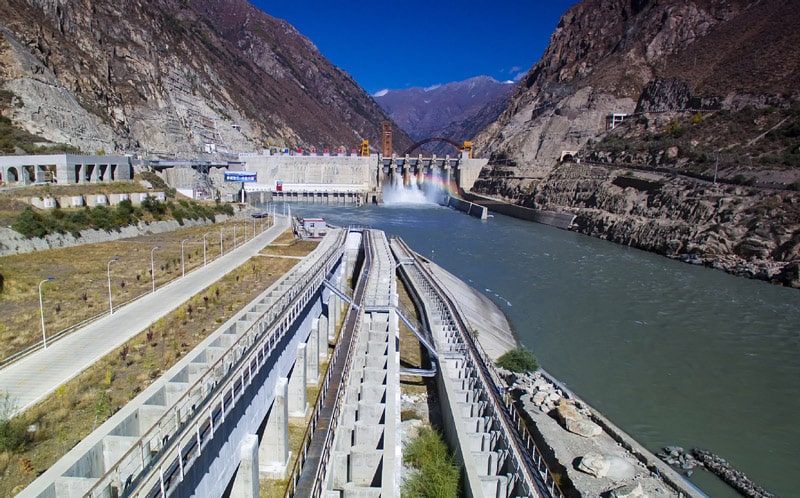
Hydropower Stations Up For Sale
China’s rapid and broad crackdown on bitcoin mining has forced small hydroelectric power plants owners to sell their assets now that demand for inexpensive power is dwindling.
According to the South China Morning Post, advertisements for small-scale hydroelectric power facilities have lately appeared on the online marketplace Xianyu. The ‘second-hand’ installations have a capacity of around 50 megawatts. Since the government’s battle against bitcoin miners began in May, the number of these offers has risen dramatically.
Vendors’ Opinions
Three vendors acknowledged to the daily that the market placed the power plants as a result of the mining crackdown. One owner noted that their prices had dropped. Another vendor, clearly trying to persuade potential customers on the Alibaba Group Holding-owned platform, mentioned that you could covertly mine bitcoin if you buy a hydropower station.
Facilities For Hydropower Stations
Some of the facilities are located in China’s southern Sichuan region. The region has rich water resources and can offer inexpensive energy. This is the same region where 26 bitcoin mining companies were forced to cease last week. Local authorities have already encouraged a symbiotic link between bitcoin miners and hydropower plants in the past.
China’s Ban On Bitcoin
As it works to establish its own central bank digital currency and fulfill lofty climate targets, China is putting pressure on the Bitcoin mining industry.
Energy Lost Mining Bitcoins
The energy consumption and environmental effect of bitcoin mining have been in the spotlight in recent months, with research from Cambridge University suggesting that the Bitcoin network’s carbon footprint had previously reached levels comparable to 61 billion pounds of coal burned.
Bitcoin And The Environment
The Bitcoin network’s hash rate dropped earlier this year due to floods at a coal mine in Xinjiang. This illustrates Chinese miners’ reliance on fossil fuels. Crypto mining has been outlawed in Chinese regions like Xinjiang, Sichuan, and Yunnan since then, with miners migrating outside.
Hydropower facilities, of course, are a source of renewable energy with a low carbon footprint. However, China’s sweeping Bitcoin mining ban, caught them up aswell.














